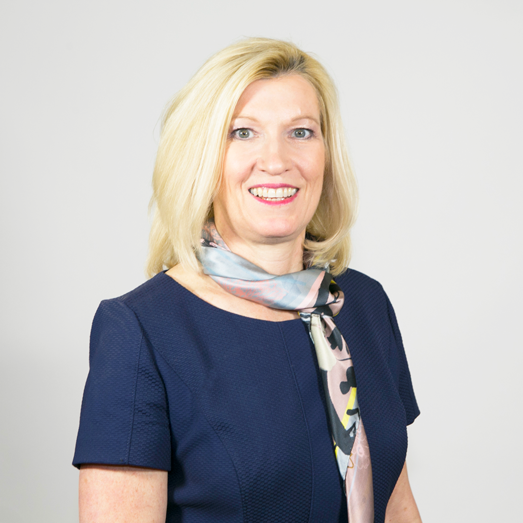Why I hate mouthwash | Ben's Blog
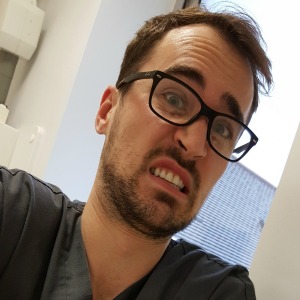
It’s common knowledge here at Clinic 95 that I'm not a massive fan of
mouthwash. I often discourage my patients from using it, and here’s why…
It doesn't actually do anything.
The
sticky plaque on your teeth needs to mechanically removed with
toothbrushes, interdental brushes and floss. It can’t be ‘washed’ away.
It’s like trying to clean your car by chucking buckets of water at it. You need to get in there with brushes to remove the dirt.
So mouthwash doesn’t wash anything – the name is just clever marketing.
The
fluoride found in your toothpaste is there to help strengthen your
teeth. An average toothpaste contains 1450ppm of fluoride, enough to
have a beneficial, strengthening effect on your teeth. Most people brush
with the paste, getting all that lovely fluoride on their teeth, then
use a mouthwash which basically rinses it all off, replacing the high %
fluoride of the paste with a much lower % from the mouthwash. Which is
bonkers. Your teeth actually get far more fluoride if you DON’T rinse
with mouthwash after brushing.
There are of course a few exceptions. Let me explain.
Ulcers
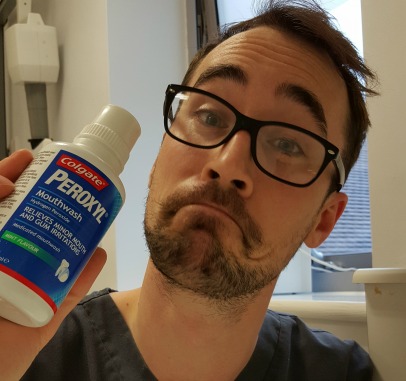 Yeah, OK. This one isn't bad at all
Yeah, OK. This one isn't bad at allIf you have ulcers or have had any trauma in your mouth, Peroxyl is
fantastic. It is a hydrogen peroxide mouthwash which helps kill bacteria
by producing oxygen, which is what makes it fizz when you use it.
However, it shouldn't really be used for longer than a week.
And
if you prefer a more natural approach to things, a tsp of ordinary salt
mixed in a tumbler of water, used as a rinse twice daily will usually
help keep the area clean until it heals.
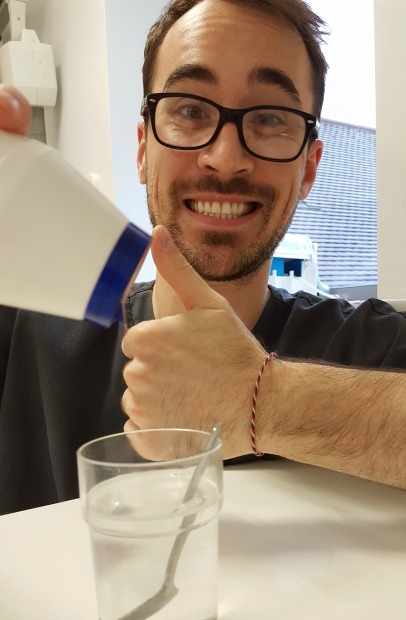 Simple is best. And it puts you in the mood for chips. Win.
Simple is best. And it puts you in the mood for chips. Win.
So this is really the only time I recommend using any product in addition to your normal toothpaste. Although, if you suffer from bad sensitivity, it's fine to try Listerine ‘Advanced Sensitive’
mouthwash twice a day. Just make sure you use it at different times to
when using your sensitive toothpaste (more on this later).
* RANT ALERT *
Can we talk about Corsodyl?
You know the one – all the really creepy
adverts of people spitting blood and teeth. Yes, the marketing is
certainly effective.
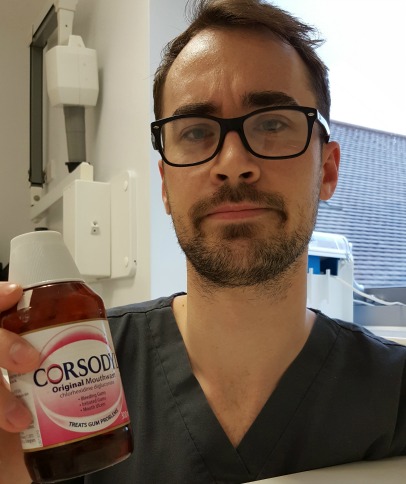 Just don't go there
Just don't go thereA lot of people use it (are you one of
them?) as a preventative measure, often thinking it will prevent them
from developing gum disease or will help ‘cure’ their bleeding gums.
But
can I just be really clear about something? It’s just impossible –
BIOLOGICALLY, PHYSICALLY IMPOSSIBLE to treat gum disease using just a
mouthwash.
Add to that, that Corsodyl is the brand name for a
chemical called chlorhexidine, which is actually a prescription-only
medicine in the USA. Unfortunately, it's readily available here in the
UK.
It has its purpose, but only when it’s clinically necessary
and discussed in detail with your hygienist or dentist to make sure that
it’s absolutely the right approach.
And another reason I discourage anyone from buying it and using it as a daily mouthwash, is because the side effects are just awful...
The
most common is heavy staining on your teeth. And I’m not talking about
after prolonged use – I mean stains forming on your teeth after just a
few uses. And they’ll keep darkening the more you use it. These
stains can progress onto your tongue, giving you a nasty thick brown
furry coating that in some extreme cases can turn black.
And as if
all that isn’t gross enough, it can also have a dramatic effect on your
palate, with patients reporting that their mouths tasted burnt, acrid
and ‘chemical-y’ afterwards. And you have to know that this nasty
aftertaste doesn’t fade after a few minutes or even hours. Taste
disturbances and taste perception can last for up to a WEEK after using
Corsodyl as it takes that long for the natural bacteria in your mouth to
recover.
Look, if your gums are bleeding, there's a problem.
But don’t turn to a bottle of disgusting goo you buy in the supermarket
for the answer. Just pop in and see me here in the clinic and I
will advise you on your own bespoke cleaning routine to stop the
bleeding. Easy.
Still in love with your mouthwash?
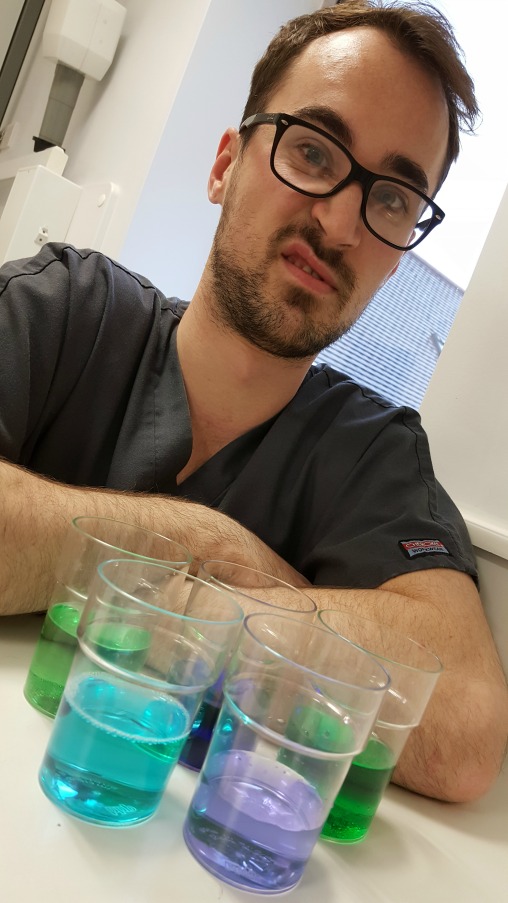 This lot's going down the sink
This lot's going down the sinkOK, so now you know exactly what I think. But if after reading this you still want to continue using a mouthwash, then make sure you follow my simple steps to get the most out of your products.
- Timing is key. Use your mouthwash at a different time of day from when you brush. I usually recommend my patients take it to work with them and use it after their lunch. And then perhaps use it after supper in the evening – just certainly not after your nighttime brushing.
- Make sure it's alcohol free. Mouthwash that contains alcohol has had links to an increase in oral cancer, so it’s sensible to stay clear. The alcohol in mouthwash also dries your mouth, contributing to bad breath (as if you need another reason to give it a miss).
- Don't be misled. Mouthwash should be thought of like a breath freshener rather than something that ‘washes’ your teeth and mouth. Fluoride in the mouthwash will help remineralise your teeth after food, freshen your breath, and get rid of any food debris that's lying around in there, so just use it after meals, and not after brushing.
- £6 or 60p? If it’s alcohol free, and has fluoride in it, then it doesn't really matter. Supermarket own brand is fine as a daily rinse.
My last word? If you’re brushing well with toothpaste, and using
interdental brushes and floss regularly, you just don’t need mouthwash.
Save your money (and your oral health), and just try to ignore those
adverts on TV.
See you soon
Ben


